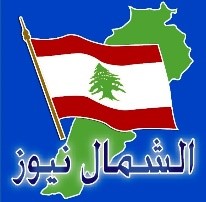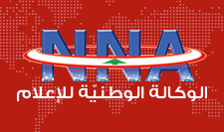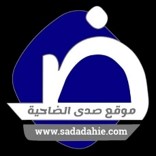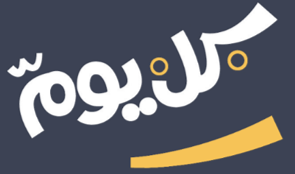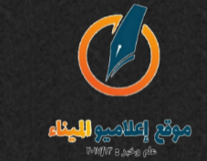AQUACYCLE – My Autobiography – Shining in the news media in Lebanon
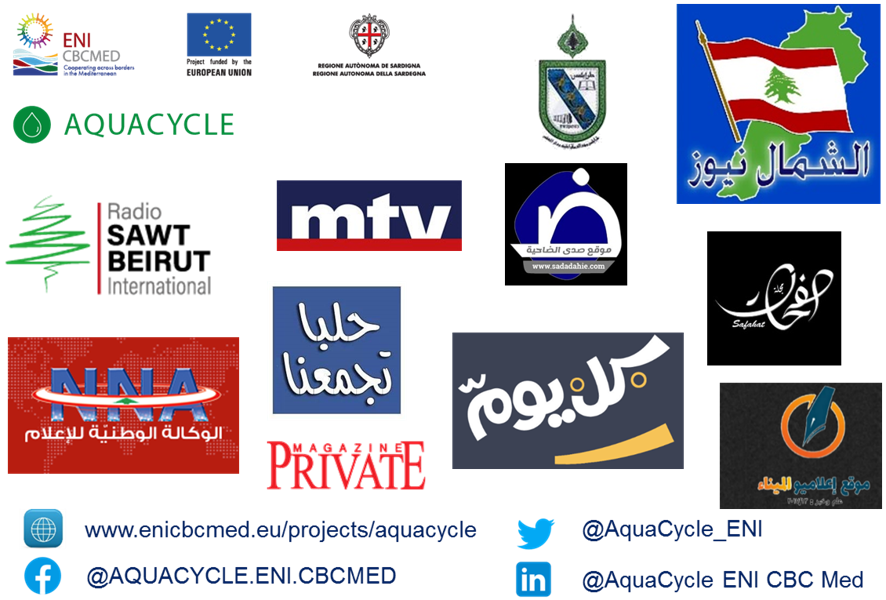
I was never in doubt that the Lebanese University team would excel in organizing this First Stakeholder Workshop in Tripoli on July 25, 2020. What I did not imagine is the huge amount of coverage the event received in Lebanon’s media. Click on the images below to read up on the media coverage (in Arabic).
The workshop theme Changing the Paradigm on Wastewater Reuse attracted not only the media but also several high ranking personalities in the country’s water and sanitation sector who joined in the event, including the Director General of the Water Authority in North Lebanon, Mr. Khaled Obeid, and the Mayor of the municipality of Tripoli, Dr. Riyad Yamak.
The participation of a representative of the President of the Union of Municipalities of Jerd Al-Qayta, Dr. Muhammad Ali, and the Mayor of Hizouq Municipality, Dr. Bilal Taher further testified the active interest of municipal authorities on how to overcome the wastewater challenges they face on a daily basis.
During the roundtable discussions the voice of the local community was brought also by Dr. Haissam Ezzedine, representing the Azm W Saade (‘Determination and Happiness’) Association, which helps to support important humanitarian, developmental, educational, and social initiatives that serve local communities.
The abstracts of the technical presentations on the agenda also attracted the interest from the research community in Lebanon with a number of heads of research laboratories and representatives of private universities participating in the event.
Allow me to share with you some of the testimonies from the participants in the concluding session. Aside from the well-received encouragements, I do believe that these insights bring some really important messages for the coming months!
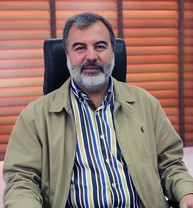
“A major sanitation problem in Lebanon arises in villages and towns, where wastewater is thrown into valleys, and therefore in rivers that flow into the Mediterranean. This polluted water is used for irrigation which brings a clear health risk. From here emerges the importance of this project as it encourages the establishment of small and medium-sized wastewater treatment plants in towns and villages. This will permit to treat domestic wastewater at its source and render it safe for reuse in irrigation.”
“Indeed, very wonderful ideas were discussed that help in finding solutions to the problems we suffer in the sanitation sector and encourage the use of treated wastewater in agriculture. On behalf of the municipality of Tripoli, we welcome every project that brings economic and social benefits to the city and addresses the problems of air, soil and water pollution. We consider that this project which is funded by the European Union will have a great benefit, and we encourage the curators of this project to bring it to a successful conclusion.”
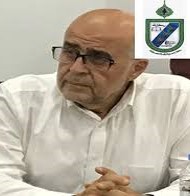
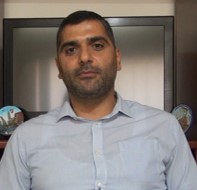
“This is a very timely and important workshop. We are well aware of the importance, and in fact necessity, of having wastewater treatment systems in villages and towns. This project actively promotes decentralization of wastewater treatment in our villages, which would prevent untreated domestic wastewater to be discharged into rivers and, consequently, be used to irrigate crops in a safe manner in the Akkar plain.”
“The most important project that was undertaken to date in our region is the Tripoli wastewater treatment plant. However, this plant is clearly not working at full capacity and there are serious question marks about its effectiveness and efficiency. This ENI CBC Med funded project that we learned about today brought important and modern ideas. It will be most important that upon demonstrating its successful operation, this experience will be showcased as a model to all the regions of Lebanon.”
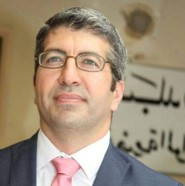
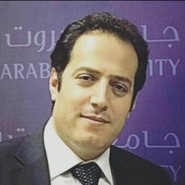
“We believe that if this project succeeds even on a small level it will bring important results, especially as the proposed technology will be compared to conventional wastewater treatment technologies. As we benefit from this project’s experience, this will give a great impetus to address one of the most important problems that we suffer from in Lebanon: polluted surface and groundwater which affect the entire ecosystem.”
The presentations I saw today brought a really comprehensive overview of the objectives of the project and its technical dimension. The roundtable discussions that followed these presentation were also very interesting. It proved that stakeholders in the water and sanitation sector really know their subject. More crucially the event provided the opportunity for the water authority and the municipalities to discuss freely about the issues and the possible barriers that could affect the implementation of this project, such as the impact of upscaling from a demonstration unit to a full scale treatment plant. I honestly and truly believe that AQUACYCLE really provides a lot of new technology as well as a platform for building capacities. I very much look forward to seeing this initiative succeed in developing the prototype because one of the ideas is for the NAWAMED and AQUACYCLE to really work jointly on the capitalization dimension. I hope to invite all participants to come and see our prototype in NAWAMED. I believe this event has proved a very good stepping stone for AQUACYCLE and I wish the project a lot of success in the future and with the continued collaboration of NAWAMED.
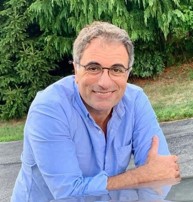
You are most welcome to watch this short video clip, which gives full credit to the members of the Lebanese University team for the organization of a truly memorable event.
Dr. Fawaz El Omar, the Dean of the Doctoral School of Sciences and Technology at the Lebanese University, gives a welcome speech in which he explains the potential benefits of the project and the possibility of solving the country’s sanitation problem at the national level.
Dr. Mohamad Khalil, Director of the Azm Center for Biotechnology Research and its Applications, and the mayor of the municipality of Akkar al-Atika, explains in detail about the ENI CBC MED programme through which projects receive EU funding in the Mediterranean basin.
Dr. Ahmad ElMoll, AQUACYCLE Teamleader from the Faculty of Public Health at the Lebanese University elaborates on the importance of reuse of treated effluent in water scarce regions.
Dr. Tawfik Al-Nabulsi, Dr. Fatima Yahya, and Engineer Omar Al-Nashar provided further technical presentations on my design as an eco-innovative wastewater treatment technology.
The clip also brings footage of the active discussions among the participations on their expectations, including their training needs, and the desired benefits at the national and international level.
Last but not least, through a skype address, Dr. Plakas Konstantinos, my Project Manager, congratulates the Lebanese University team and warmly thanks the participants for making this workshop a huge success.










